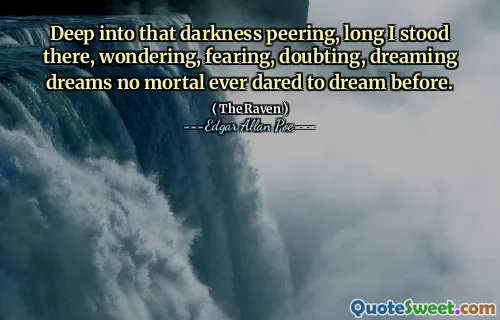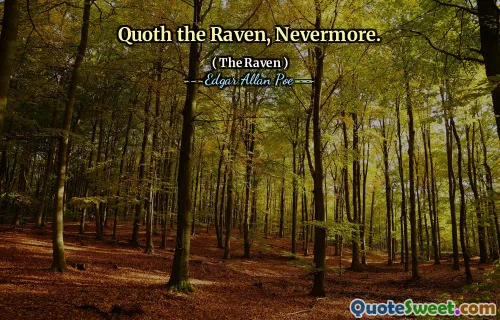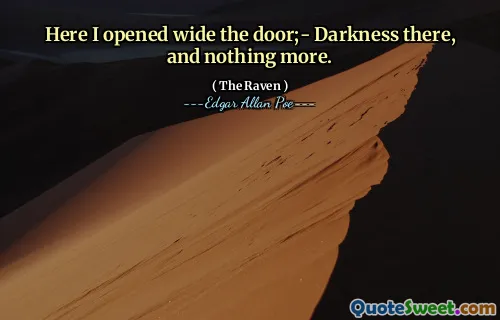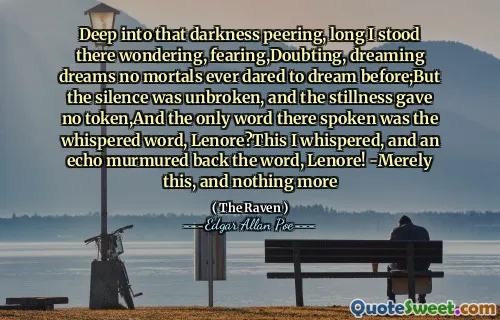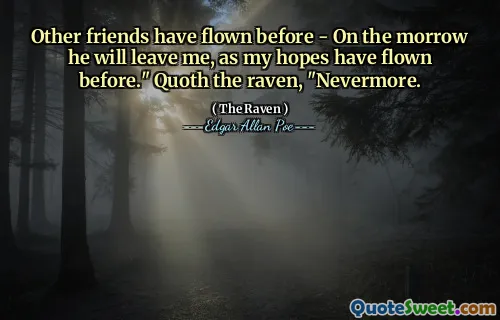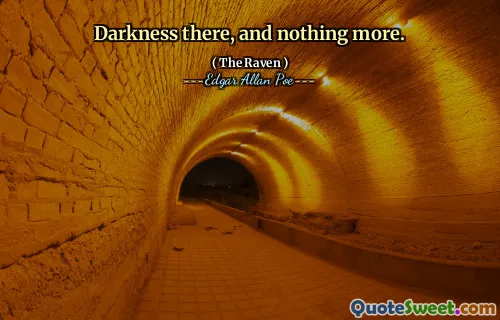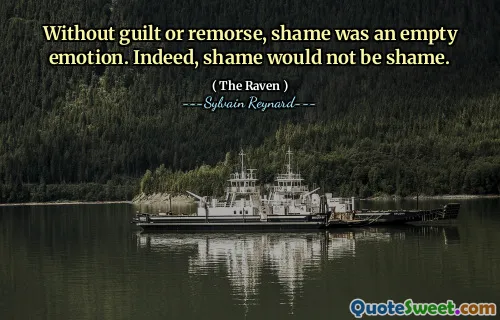
Without guilt or remorse, shame was an empty emotion. Indeed, shame would not be shame.
This quote deeply explores the intrinsic relationship between shame and other fundamental emotions like guilt and remorse. It provocatively suggests that shame, by itself, has no real substance or meaning—it's the presence of guilt and remorse that gives shame its depth and significance. Shame is often considered a social or moral emotion, linked to one's awareness of failing to meet an expected standard. However, without the internal acknowledgment of wrongdoing (guilt) or regret for one's actions (remorse), shame becomes a hollow feeling without real impact. This reflection prompts us to consider how emotions interplay to shape our conscience and identity. The quote underscores that shame is not simply about external judgment or embarrassment but is profoundly tied to an internal moral compass that must also experience guilt and remorse. Without these intertwined feelings, shame loses its purpose and becomes an empty shell. This insight might encourage us to look more compassionately at ourselves and others by understanding that shame disconnected from these core feelings can be less about ethical failure and more about social conditioning or misinterpretation. In a broader sense, the quote challenges us to contemplate the complexity of human emotion and morality. It invites us to reflect on how emotions collectively give meaning to our experiences and guide our behavior, emphasizing the importance of emotional authenticity and integrity in the construction of shame and other related feelings.
